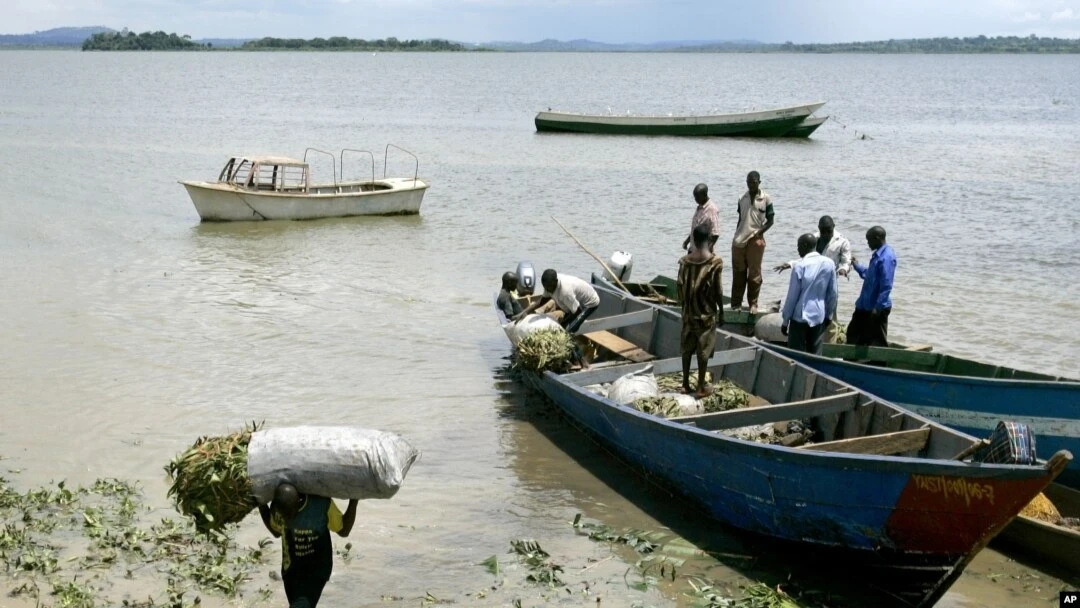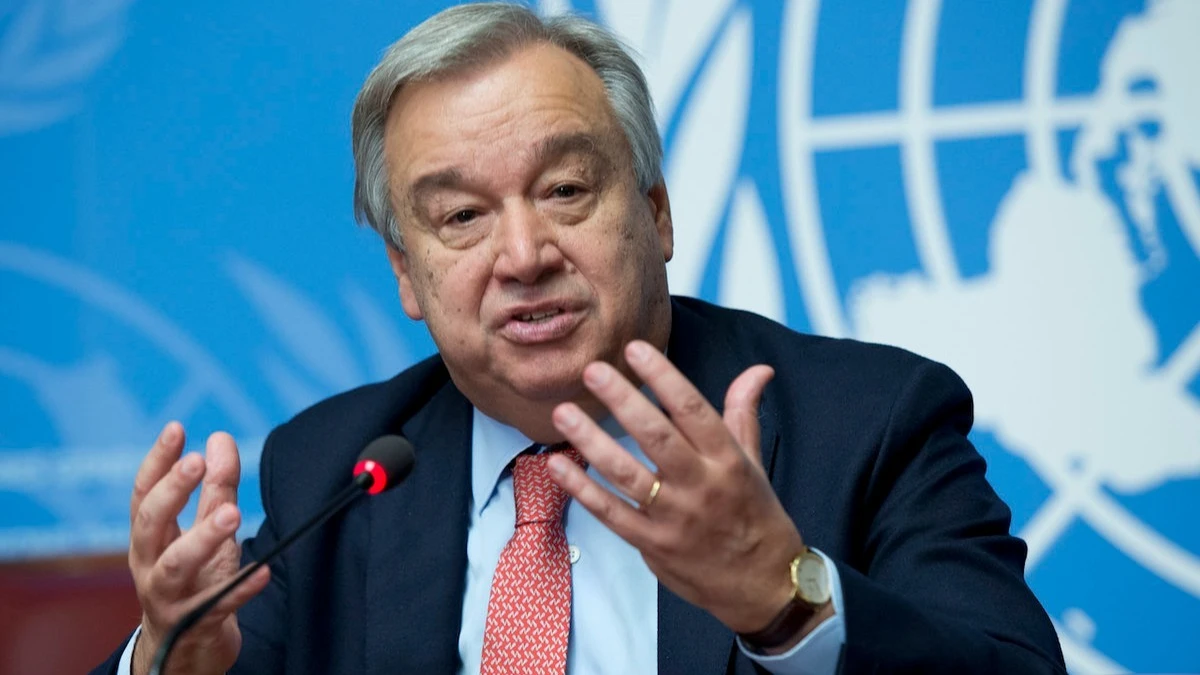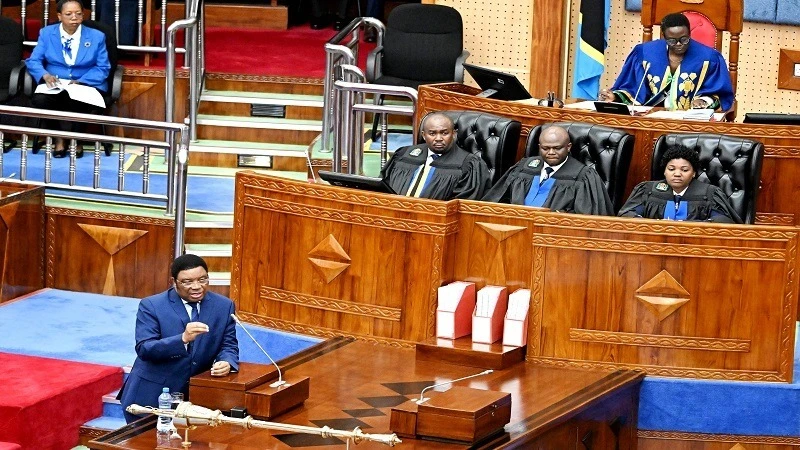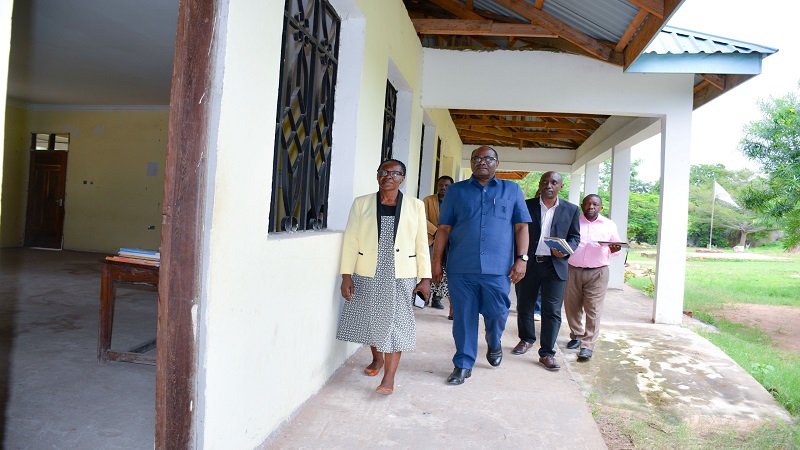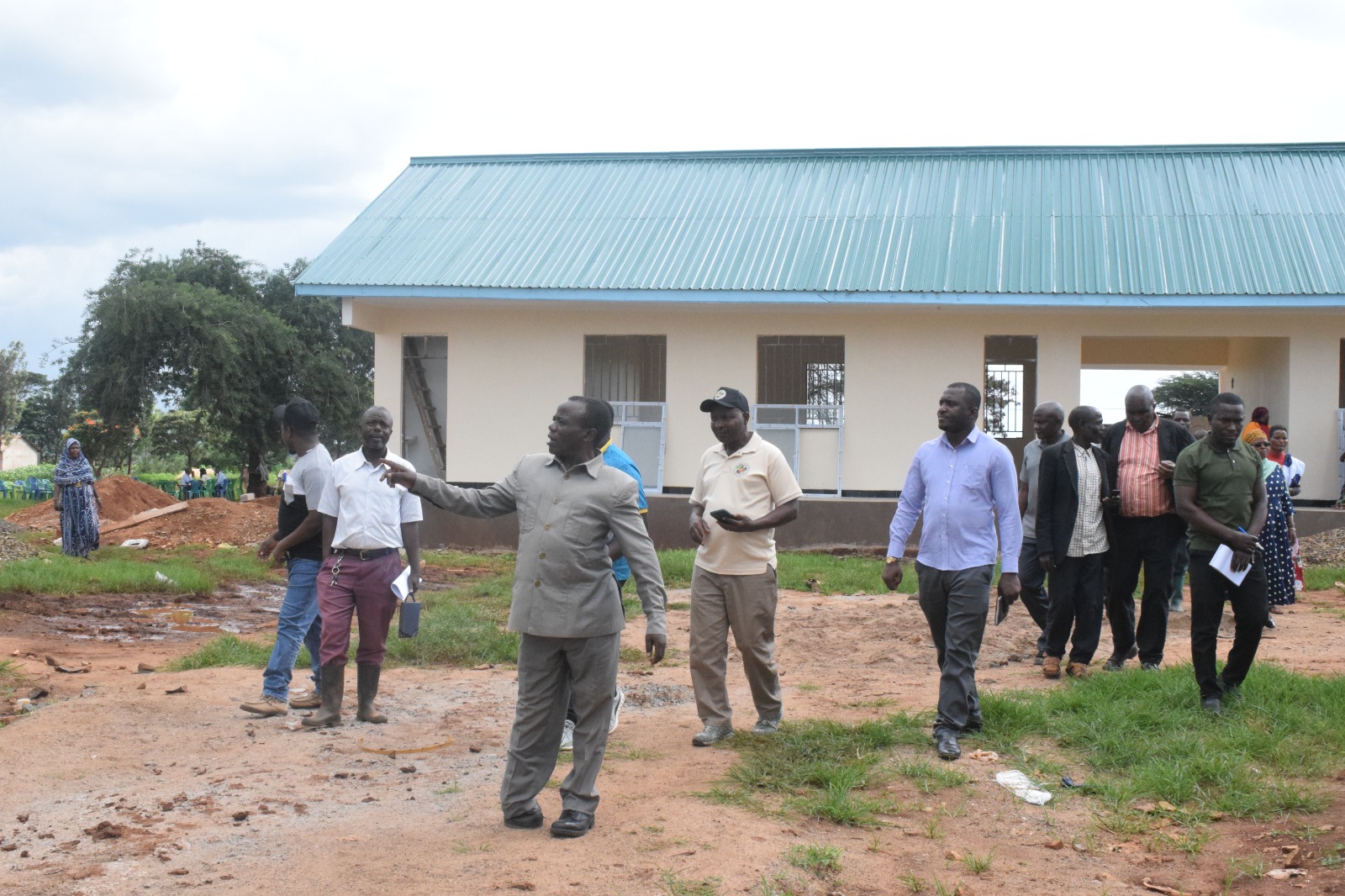‘Wastewater flow into Lake Victoria risks its ecosystem’
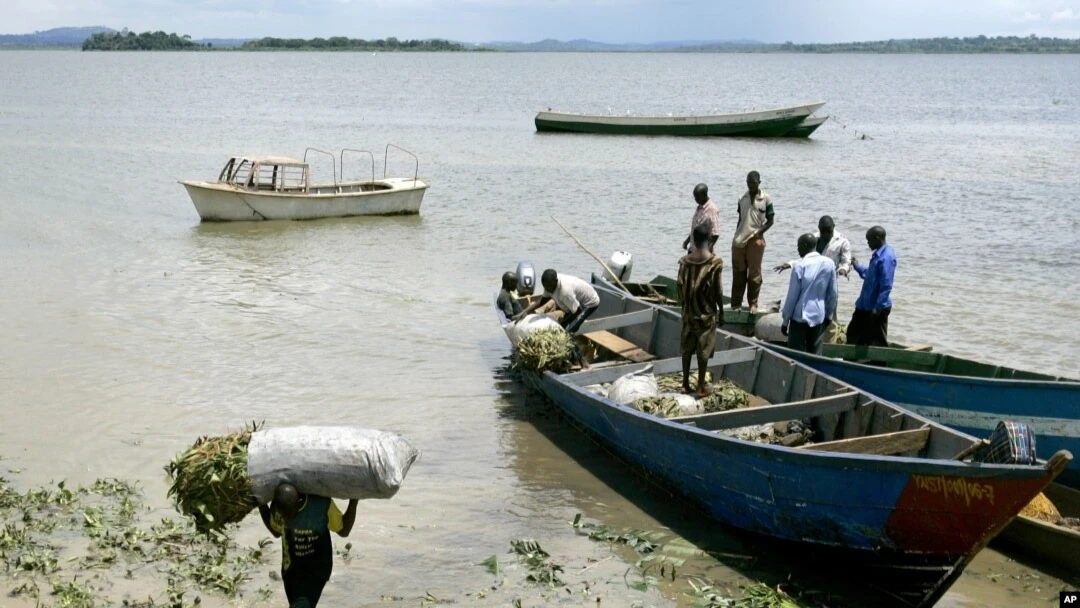
THE National Assembly has expressed grave concern about the ongoing discharge of wastewater and industrial waste into Lake Victoria, citing its detrimental effects on the region’s ecosystem.
Jackson Kiswaga (Kalenga), chairman of the Water and Environment standing committee of the National Assembly, warned that the pollution has led to a significant decline in fish stocks.
He also cited the spread of invasive species, the degradation of vital aquatic ecosystems and a worsening of water quality, when presenting the committee’ annual report.
Despite ongoing efforts by the Vice President’s Office the discharge of wastewater continues in several areas, notably in Milongo River, a major tributary of the lake, he stated.
Lake Victoria is under severe threat from unsustainable human activities including illegal fishing, wetland destruction, unregulated agriculture and non-sustainable mining practices, he explained.
Local authorities for areas in the vicinity of the lake need to implement prevailing waste management strategies in a strict manner and ensure full compliance with the Environmental Management Act, the report underlined.
VPO needs to take immediate action to guarantee sustainable wastewater management for Milongo River in Mwanza, he said, similarly citing environmental disasters in Hanang, Kibiti and Rufiji.
There is a need for legislation, regulations and guidelines to create a fund for environmental protection and climate change adaptation, the committee noted.
The fund would support the implementation of environmental management strategies, it said, also directing the government to fast-track the acquisition of large tracts of land, away from populated areas, for waste disposal in Dar es Salaam and surrounding regions.
This exercise should be in accordance with urban planning regulations, he said, demanding that environmental protection and climate change adaptation is prioritised in the Vision 2050.
The Water ministry ought to fulfil its commitment to drill five boreholes in districts and constituencies across the country as part of government efforts to improve access to clean water for all.
Some of the boreholes being drilled have failed to yield water, despite significant investments he said, citing losses and undermining the national goal of improving access to clean water.
The report raised the need for the government to collaborate with research institutions, including universities and the Tanzania Petroleum Development Corporation (TPDC), to enhance underground water exploration.
The partnership should focus on increasing the capacity of local experts and employing modern technologies in borehole drilling, it said.
Swift action is needed to ensure that five boreholes are drilled in each constituency, he said, appealing for the formation of a national committee to oversee water reservoir excavation projects.
This will hel0p to ensure that water needs for various social and economic activities are met, it said, urging the government to expedite the drafting of legislation to manage the blue economy in line with the policy earlier slated to take effect in the course of 2024.
The committee strongly pleaded for the removal of value added tax (VAT) on essential goods and services used in water projects across the country, “in recognizing the vital role of water services in economic development.”
There is also a need for collaborative efforts by ministries to address informal settlements, ensuring that urban planning regulations are followed to enable the development of necessary infrastructure, including clean water and sewage systems, the MP noted.
Collaborative efforts be sought on water loss, to raise awareness about the importance of safeguarding water infrastructure, particularly among pastoralist communities, he added.
Top Headlines
© 2025 IPPMEDIA.COM. ALL RIGHTS RESERVED








